Navigating the Festive Landscape of January 2025: A Comprehensive Guide
Navigating the Festive Landscape of January 2025: A Comprehensive Guide
Introduction
With great pleasure, we will explore the intriguing topic related to Navigating the Festive Landscape of January 2025: A Comprehensive Guide. Let’s weave interesting information and offer fresh perspectives to the readers.
Table of Content
Navigating the Festive Landscape of January 2025: A Comprehensive Guide
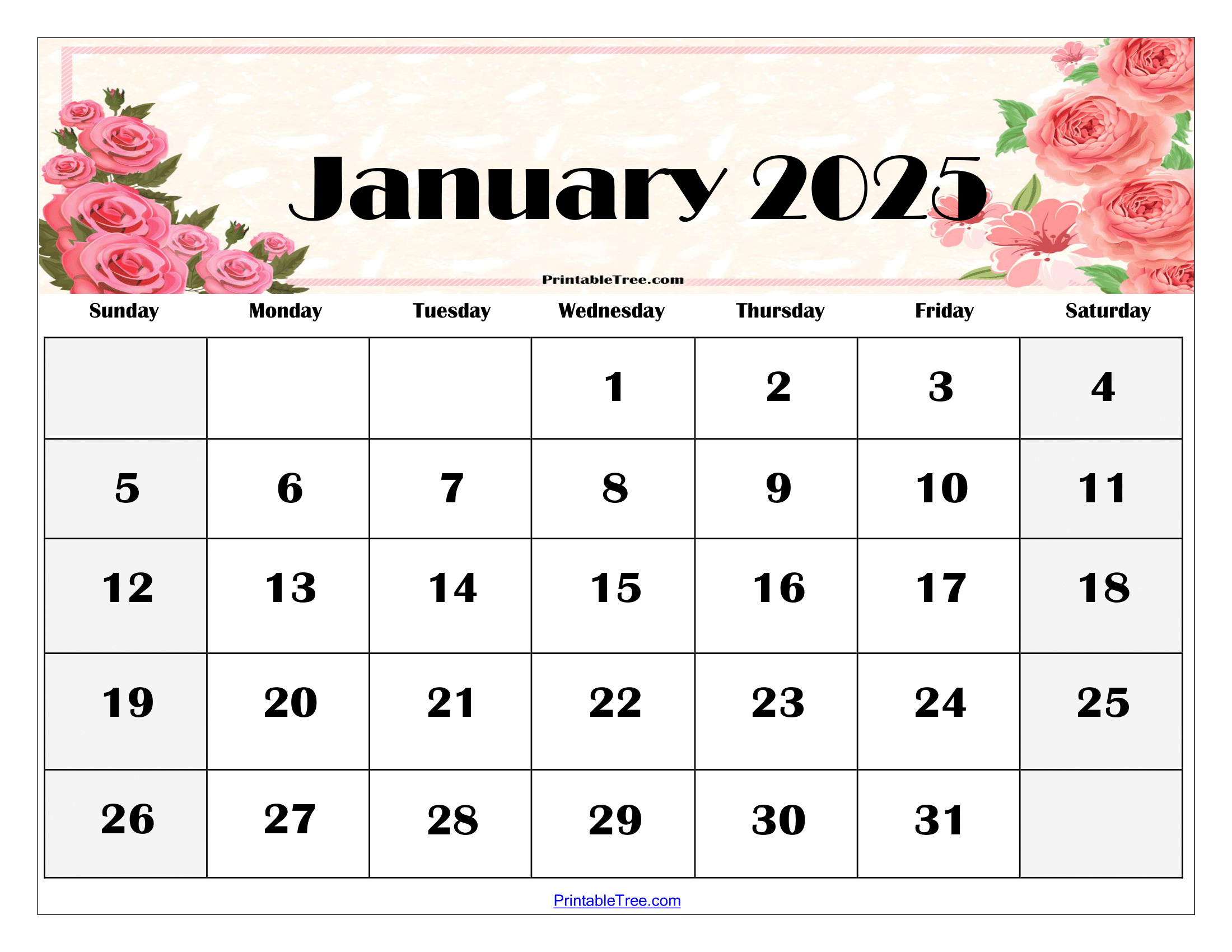
January, often perceived as a bleak month following the festive cheer of December, holds a surprising array of celebrations and observances worldwide. 2025, in particular, promises a diverse tapestry of cultural and religious events, each offering a unique opportunity for reflection, celebration, and connection. This guide explores the key festivals and observances slated for January 2025, providing an insightful overview for those seeking to understand and engage with the diverse tapestry of global celebrations.
A Global Calendar of January Events:
1. New Year’s Day (January 1st): This universal celebration marks the beginning of a new year, offering a chance for reflection on the past and anticipation for the future. Traditions vary widely, from fireworks displays and family gatherings to resolutions and symbolic acts of renewal.
2. Epiphany (January 6th): A Christian holiday celebrated in many parts of the world, Epiphany commemorates the arrival of the Three Wise Men to the newborn Jesus. It symbolizes the revelation of Jesus as the Messiah and the arrival of light into the world. Traditions include church services, processions, and the blessing of homes with chalk.
3. Orthodox Christmas (January 7th): Observed by Eastern Orthodox Christians, Christmas Day falls on January 7th due to the use of the Julian calendar. This day marks the birth of Jesus Christ and is celebrated with elaborate church services, feasts, and family gatherings.
4. Chinese New Year (February 10th): While technically falling in February 2025, the Chinese New Year, a significant cultural event, often spills into January. This festival, also known as the Spring Festival, is a time for family reunions, feasts, and traditional performances, culminating in the vibrant Lantern Festival. The year 2025 will be the Year of the Dragon, symbolizing strength, power, and good fortune.
5. Pongal (January 15th): A four-day harvest festival celebrated in Tamil Nadu, India, Pongal marks the end of the harvest season and expresses gratitude to the sun god Surya. The festival is characterized by colorful decorations, vibrant costumes, and traditional dishes made with newly harvested rice.
6. Makar Sankranti (January 15th): Observed across India, Makar Sankranti is a harvest festival that marks the transition of the sun into the zodiac sign of Makara (Capricorn). This day is associated with blessings, prosperity, and the beginning of a new season. People fly kites, enjoy sesame-based sweets, and donate to the needy.
7. Martin Luther King Jr. Day (January 20th): Observed in the United States, this federal holiday honors the life and legacy of Martin Luther King Jr., a prominent civil rights leader. It is a day for reflecting on his message of equality, justice, and peace, and for engaging in community service and social action.
8. Australia Day (January 26th): A national holiday in Australia, Australia Day commemorates the arrival of the First Fleet in Sydney Cove in 1788. It is a day for celebrating Australian culture, history, and achievements. Celebrations include community events, parades, and fireworks displays.
9. Holocaust Remembrance Day (January 27th): Observed annually, Holocaust Remembrance Day marks the liberation of Auschwitz-Birkenau concentration camp in 1945. This day is dedicated to remembering the victims of the Holocaust and promoting education about its horrors. Events include candlelight vigils, speeches, and educational programs.
10. International Day of Commemoration in Memory of the Victims of the Holocaust (January 27th): This United Nations-designated day complements Holocaust Remembrance Day, offering a platform for global remembrance and a call for action against all forms of intolerance and discrimination.
Beyond the Calendar: Understanding the Significance
The January calendar is not merely a collection of dates; it is a tapestry woven with cultural, religious, and historical threads. Each festival and observance carries a profound meaning, reflecting the diverse traditions and values that shape our world. Understanding these celebrations deepens our appreciation for the richness of human experience and fosters a sense of global interconnectedness.
FAQs on January Festivals:
Q: Why are there so many festivals in January?
A: January, following the festive period of December, often sees a continuation of celebrations, particularly those rooted in cultural and religious traditions. Many of these festivals, like Chinese New Year and Pongal, have their own unique histories and significance, making January a month brimming with diverse celebrations.
Q: How can I participate in these festivals?
A: Participating in these festivals can be as simple as learning about their traditions and significance, or as immersive as attending local events, trying traditional foods, or engaging in cultural activities. Local communities often organize events and celebrations, offering opportunities for participation and cultural exchange.
Q: What are the benefits of understanding these festivals?
A: Understanding these festivals fosters cultural sensitivity, broadens our perspectives, and promotes appreciation for the diverse tapestry of human experiences. It encourages respect for different traditions and values, contributing to a more inclusive and harmonious world.
Tips for Engaging with January Festivals:
- Research and Learn: Take the time to learn about the history, significance, and traditions of the festivals that interest you.
- Attend Local Events: Look for local events and celebrations organized by communities or cultural organizations.
- Try Traditional Foods: Explore the culinary traditions associated with these festivals and try some of the special dishes.
- Engage with Cultural Activities: Participate in activities like music, dance, or crafts that are part of the festival celebrations.
- Share your Experiences: Share your knowledge and experiences with others, fostering a greater understanding and appreciation for different cultures.
Conclusion:
January 2025 presents a unique opportunity to engage with the diverse tapestry of global celebrations. From the universal joy of New Year’s Day to the cultural richness of Chinese New Year and the spiritual significance of Epiphany, each festival offers a chance to connect with different cultures, traditions, and values. By understanding and participating in these celebrations, we can foster a deeper appreciation for the richness of human experience and contribute to a more inclusive and harmonious world.
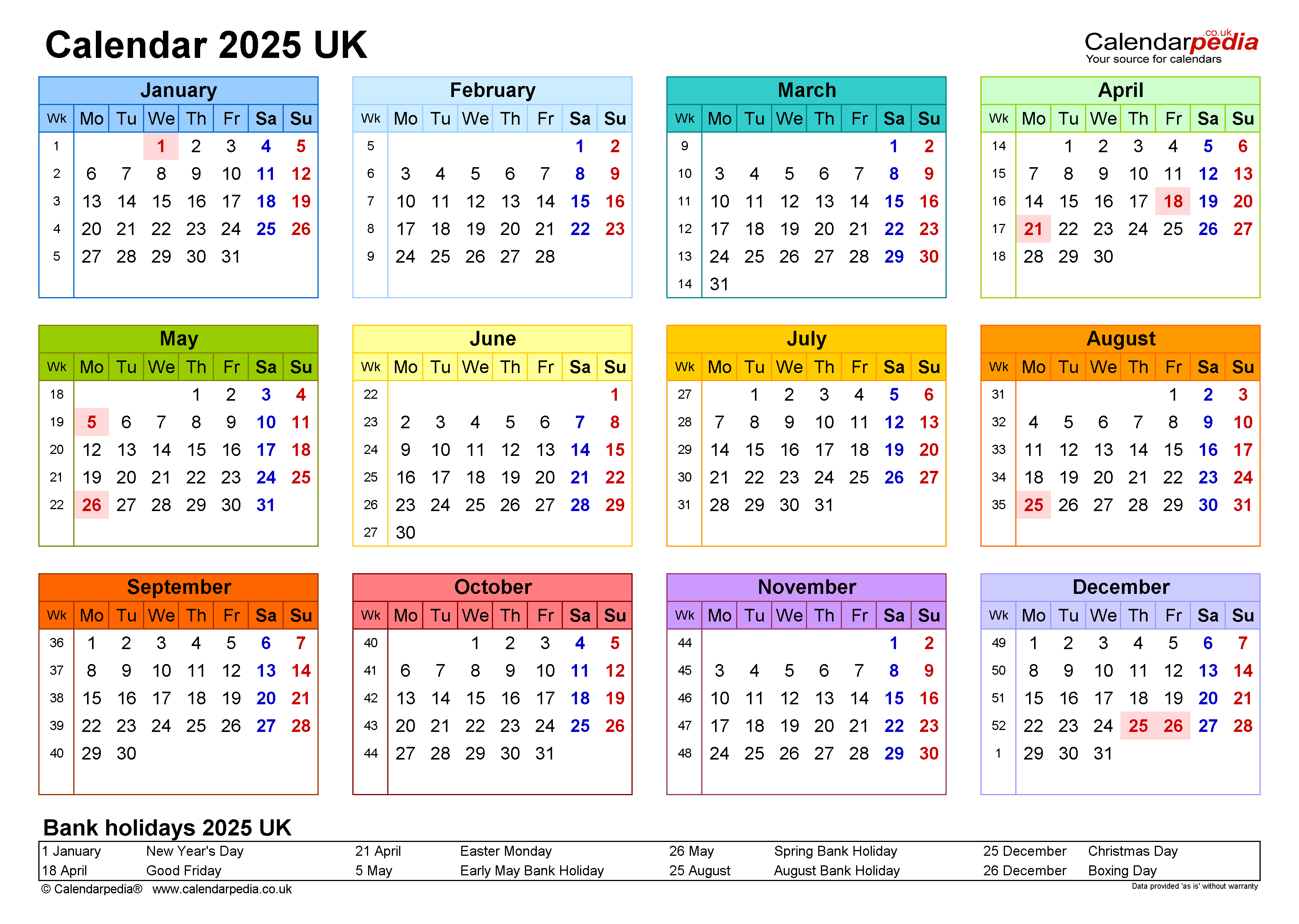


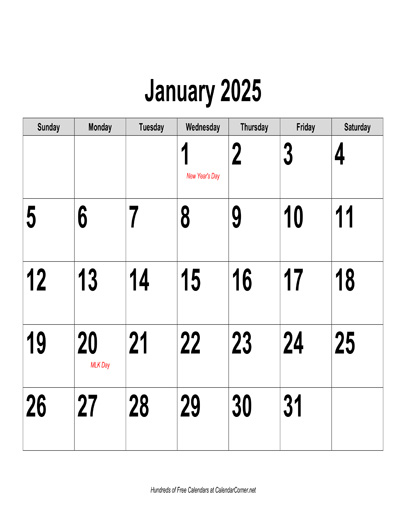
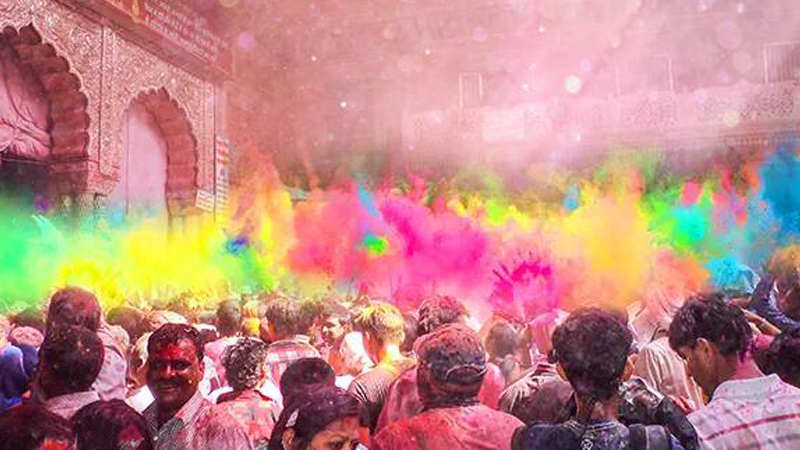


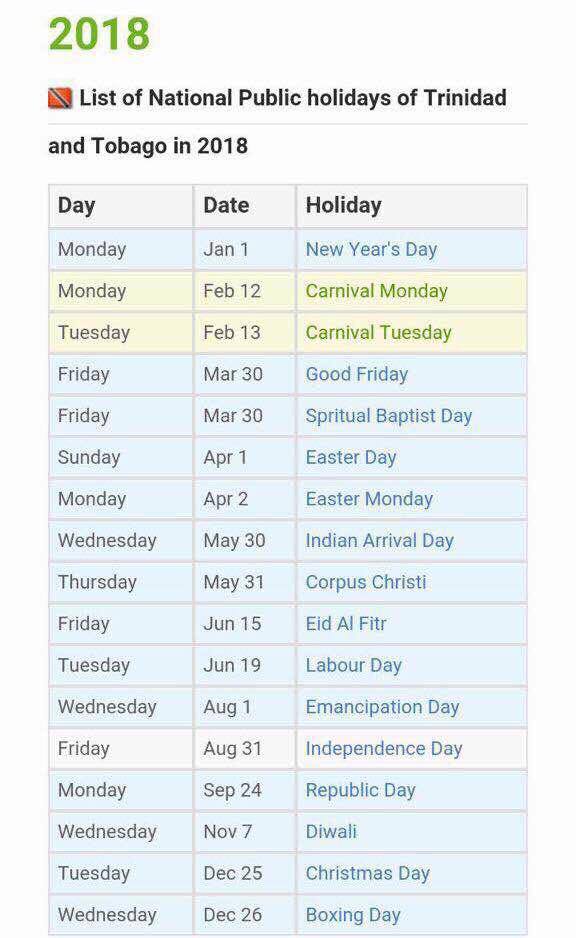
Closure
Thus, we hope this article has provided valuable insights into Navigating the Festive Landscape of January 2025: A Comprehensive Guide. We appreciate your attention to our article. See you in our next article!